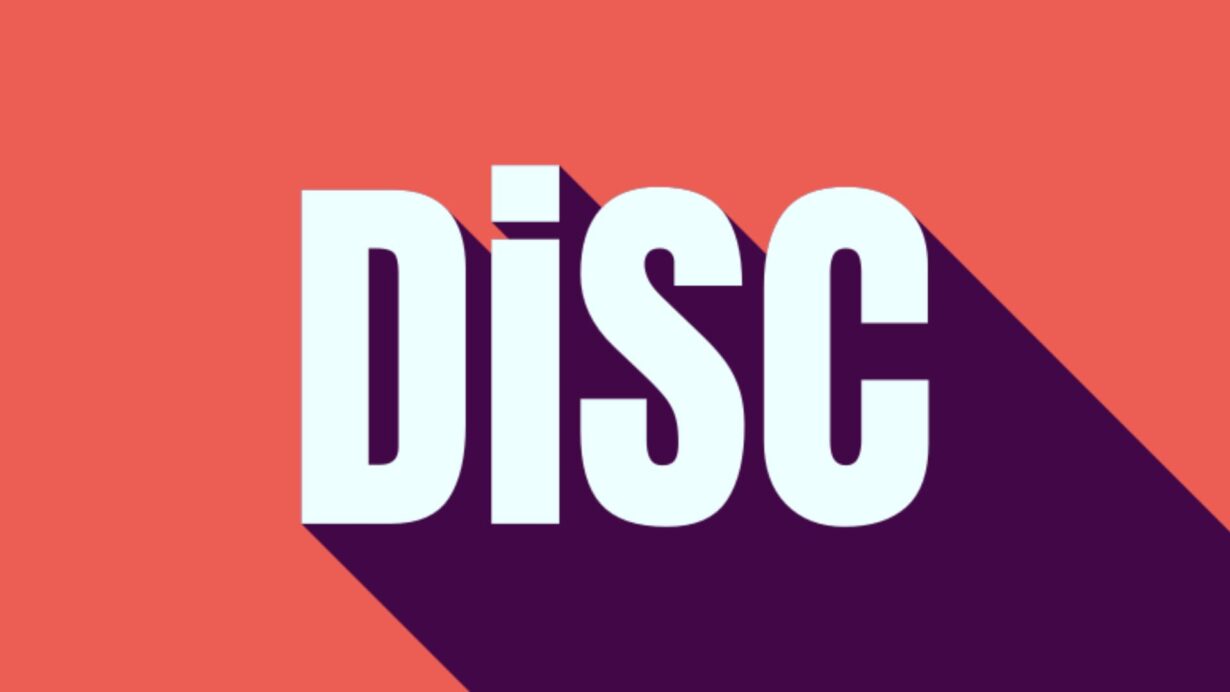Using DISC to Develop Intelligent Teams
In today’s dynamic workplace, team intelligence goes beyond individual IQs. Emotional intelligence, adaptability, and collaboration are the real markers of high-performing teams. One powerful tool organisations are using to cultivate these traits is the DISC personality model.
What is DISC?
DISC is a behavioural assessment tool that categorises personality traits into four main styles: Dominance (D), Influence (I), Steadiness (S), and Conscientiousness (C). DISC provides insights into behavioural tendencies and communication preferences, helping individuals and teams work more effectively. A common misconception about DiSC is that it is a full personality indicator – it is not Myers Briggs. Instead, it focuses on both the behavioural strengths and weaknesses of your team members, increasing self-awareness and bettering collaboration.
Participants often observe that they are a different style at home versus at work and that is normal. The core reason people see themselves differently at work vs at home in the DiSC model comes down to context—how we adapt to different environments and expectations.
Why Team Intelligence Matters
Intelligent teams are not just groups of smart individuals. They are a group of people with different learning styles, problem-solving styles and experiences that when come together excel in producting innovative products and systems. The key for these teams to work is the ability to handle conflict constructively, understand the difference between negative and positive differences, stay aligned on goals, and maintain high levels of trust and accountability. Building such a team requires a deep understanding of interpersonal dynamics—exactly where DISC shines.
How DISC Supports Team Development
- Improved Communication: DISC helps team members understand how to tailor their communication to resonate with others. For example, a Dominant (D) individual may prefer direct, results-oriented language, while a Steady (S) type values patience and reassurance.
- Conflict Resolution: With DISC, teams can recognise the root of misunderstandings. A Conscientious (C) teammate may frustrate an Influencer (I) with their need for detail, but DISC helps both see these differences as complementary rather than conflicting.
- Better Role Alignment: DISC enables managers to assign roles and responsibilities that align with individuals’ strengths. High C types may thrive in data analysis roles, while I types bring energy to client-facing positions.
- Team Cohesion: DISC fosters empathy and appreciation for diverse working styles, making it easier to build psychological safety and mutual respect.
Real-World Applications
Organisations are using DISC to facilitate workshops, for leadership development, team coaching, and hiring strategies. By embedding DISC into everyday practices, companies create more self-aware, agile, and intelligent teams that adapt and thrive in a constantly changing environment.
The DISC model is more than a personality test—it’s a strategic asset for team development. By helping individuals understand themselves and each other, DISC builds the foundation for intelligent, high-performing teams that communicate better, resolve conflict effectively, and achieve more together.
DiSC Crisis & Communication Challenge
We want you to get the most out of your DiSC experience and have developed a specialist programme that combines elements from our other development strategies to really maximise self-discovery, collaboration, and leadership in your teams. Discover our DiSC Crisis & Communication Challenge here.
We are always here to talk
If you have any questions regarding our programmes, consultants, or approach, please feel free to leave a message here. Or call us directly on 01437 721879.

